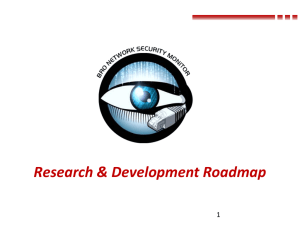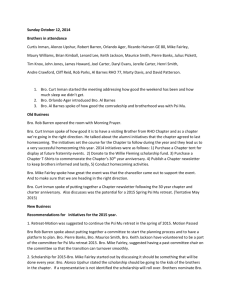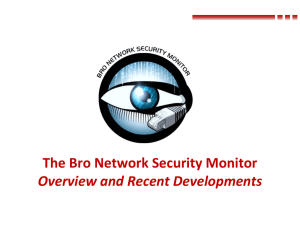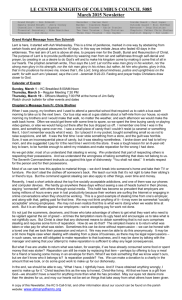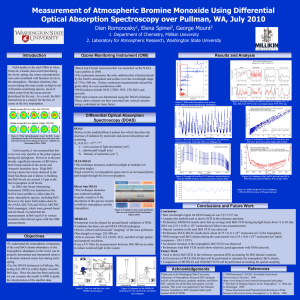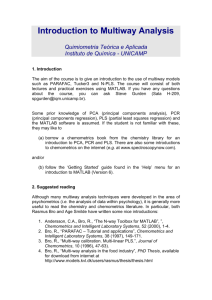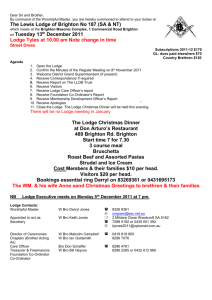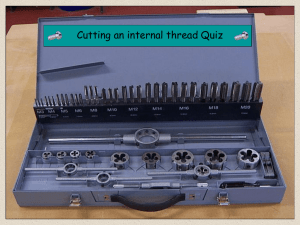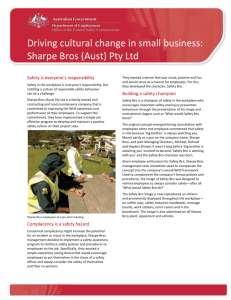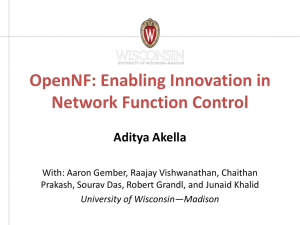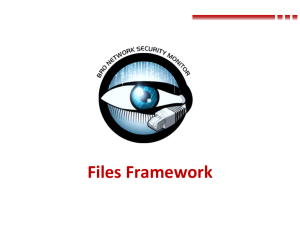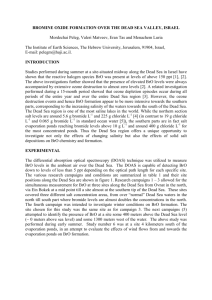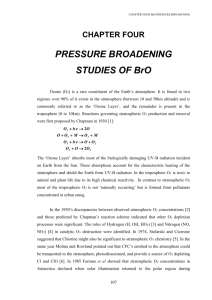PPT - Bro
advertisement
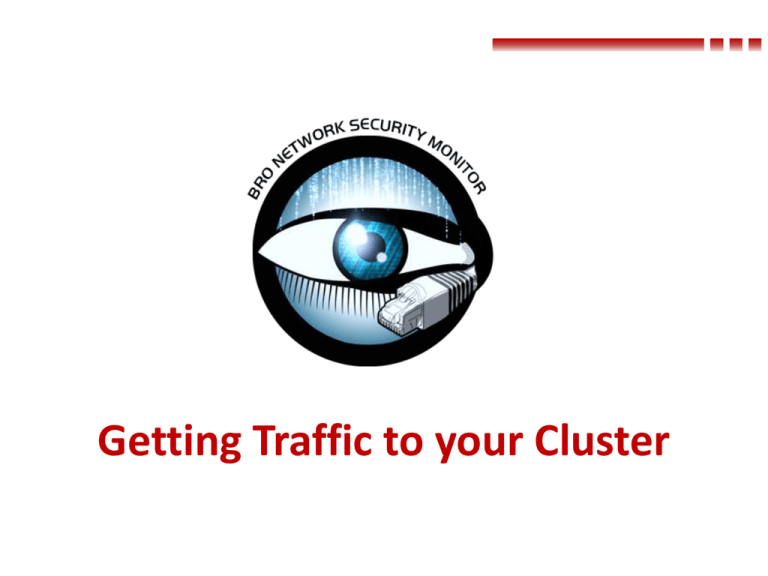
Getting Traffic to your Cluster Where to Tap • WAN or Internal – WAN • Detect intrusion attempts and out-bound misbehavior – Internal • Detect internal-internal malicious traffic • Is there a possibility of more than one tap in the path of your flow – You will get duplicate packets sent to the cluster – Bro does not like getting duplicates • Separate Clusters • Deal with them using an external device Bro Center of Expertise Where to Tap Bro Center of Expertise Tap or Mirror(SPAN) Port • Tap – Cost - taps are extra hardware – Interrupt connection to put in place – Light levels • Passive taps split the light and reduce power going to all end points – routers and the monitoring equipment • Find out what the minimum rx level is for router and monitoring equipment optics. • Pick the appropriate tap split ratio – Gigamon Support says 50/50 for 10Gbs • If needed there are regeneration/active taps • Attenuators – may need removed if in place on short runs – Stand-alone or built-in taps • Built-in may lead to inflexibility of testing • Tied to vendor with built-in Bro Center of Expertise Tap or Mirror(SPAN) Port (cont’d.) • Port Mirror (span) – Trust the device doing the mirroring • Misconfiguration • Hardware defect – Oh, here is an extra port! • When ports run tight and no one wants to buy a card • When the Network Engineers “need” your mirror port – On the fly mirroring of ports to cluster members Bro Center of Expertise Aggregation and Load Balancing • Asymmetric Traffic • Multiple links may allow traffic to take different in and out paths between hosts • Equal-cost multi-path routing – A cluster member must receive all the packets for a particular flow – If you don’t have the possibility of asymmetric traffic you can plug taps straight into the cluster members – beware of traffic load issues • Load balancing (LB) – Many to one, one to many, many to many – How many tuples is the LB algorithm using? Bro Center of Expertise Bro Center of Expertise Hardware Aggregation and LB • Gigamon – Limited support when using Non-Gigamon transceivers – GigaSmart boards can provide de-duplication – Port only load balancing • Limit of 8 ports per load balance group (gigastream) – may be increased in the H-Series • Our solution: uses multiple gigavue boxes in a tiered arrangement to feed part of one stream into another Bro Center of Expertise HW Aggregation and LB (cont’d.) • Cpacket – Have certified major transceiver vendors, will consider certifying others at customer request – Port and MAC address load balancing • MAC – use commodity ether switch for further LB • Up to 48 mac addresses in a load balance group – Some products may offer automatic deduplication • Support suggests using defined filters instead Bro Center of Expertise Cluster Member Load Balancing • Take advantage of multiple cores • Use features of NIC to load balance flows to processes running on each core – Myricom – Sniffer driver – pay per NIC – Intel – PF_Ring and NIC’s Flow Director, also NTOP drivers • MAC based load balancing extended – Each Bro instance listens to a different destination MAC address Bro Center of Expertise Etc. • Can my external box slice packets to reduce payload from large streams – i.e. GridFTP – Gigamon GigaSmart cards can – Cpacket Smart ports can • If you have load balancing occurring at multiple places in the packet distribution path are there possible issues with hash sorting values being calculated the same at different levels Bro Center of Expertise


